People talk in a precious way about genius, creativity, and curiosity as superpowers that people are born with but noticing is a more humble pursuit. Noticing is something we can all do.”
Jason Kottke
In a Shakespeare class in college, I learned that “nothing” and “noting” were pronounced nearly the same in Elizabethan times. Much Ado About Nothing — one of my favorite plays — is both about making a fuss out of nothing, and of the plot drama that comes out of noting, or noticing.
I pay a lot of attention to the little things: details in artwork, the way bees kiss flowers (and sometimes take naps in their petals), forgotten grocery lists. I’ve also kept a logbook for the past few years, keeping record of my daily life.
Noticing/noting; little nothings. Little notings.
A huge number of the photos I take are studies in composition, a way of noticing and appreciating the random, everyday textures and colors around me.



While an art form all in their own, small observed details can also be the spark for something bigger.
Pursue your curiosity: asking questions like “What do I like about this?” and “What textures, colors, and compositions could I borrow?” and “What if…?” may result in a surprising painting, an essay, or a entirely new way of working.


Comments
2 responses to “Much Ado About Noting”
[…] years, I have practiced paying attention to the tiny things, the bees and the ants and the clouds and neighborhood kids laughing. But rarely […]
[…] also speaks about writing as a lifelong journey, with no fool-proof formula: you can only show up, pay attention, create terrible first drafts, seek feedback, learn from your mistakes, and try again. Writing, […]